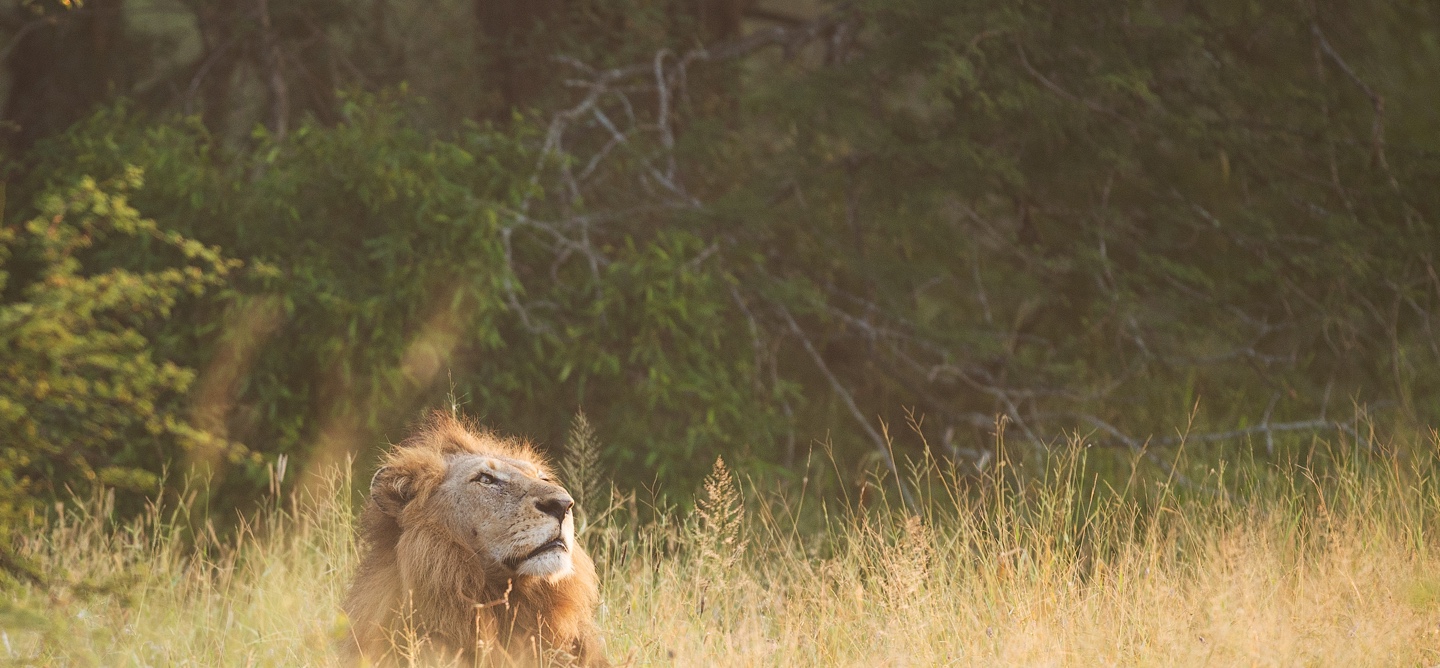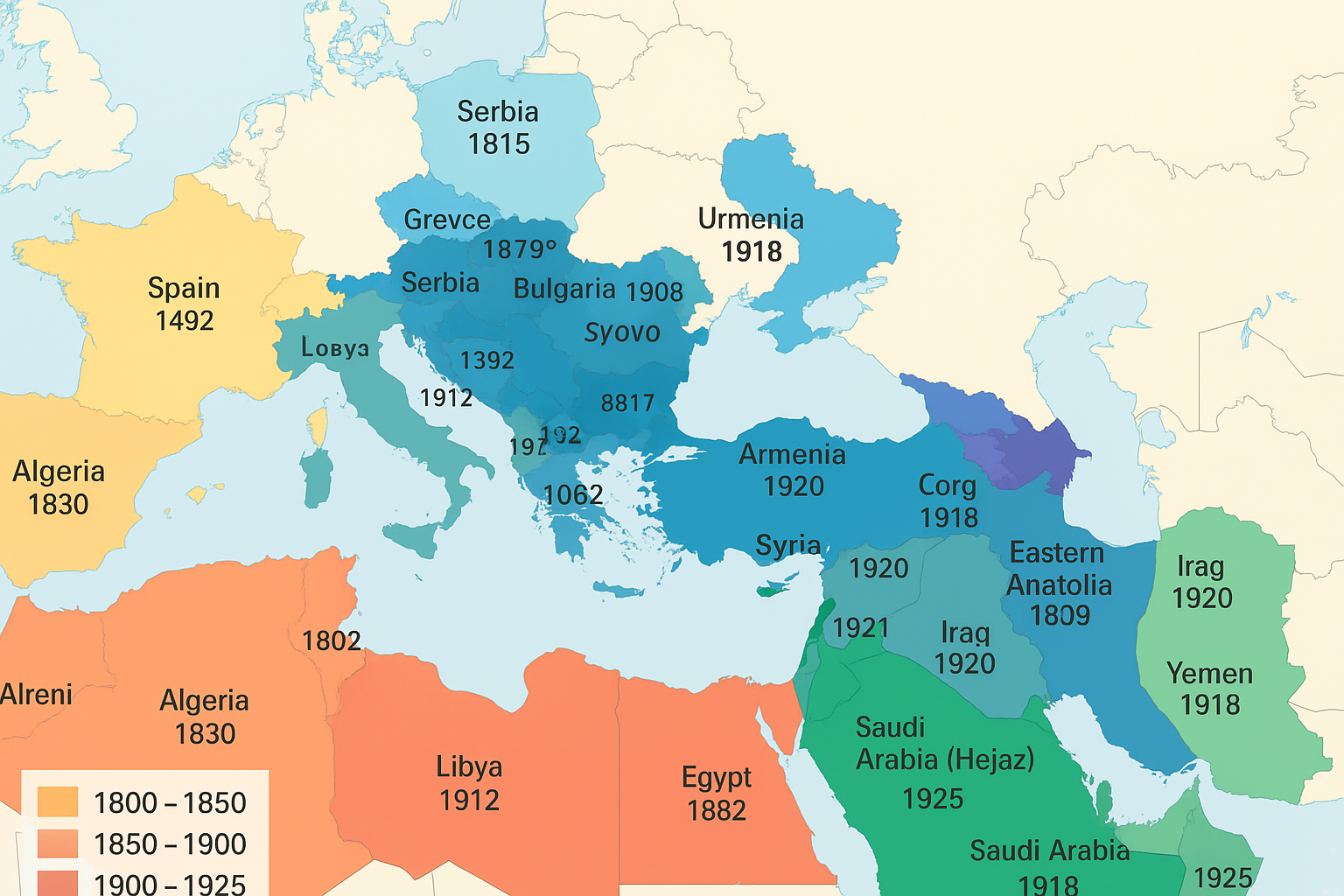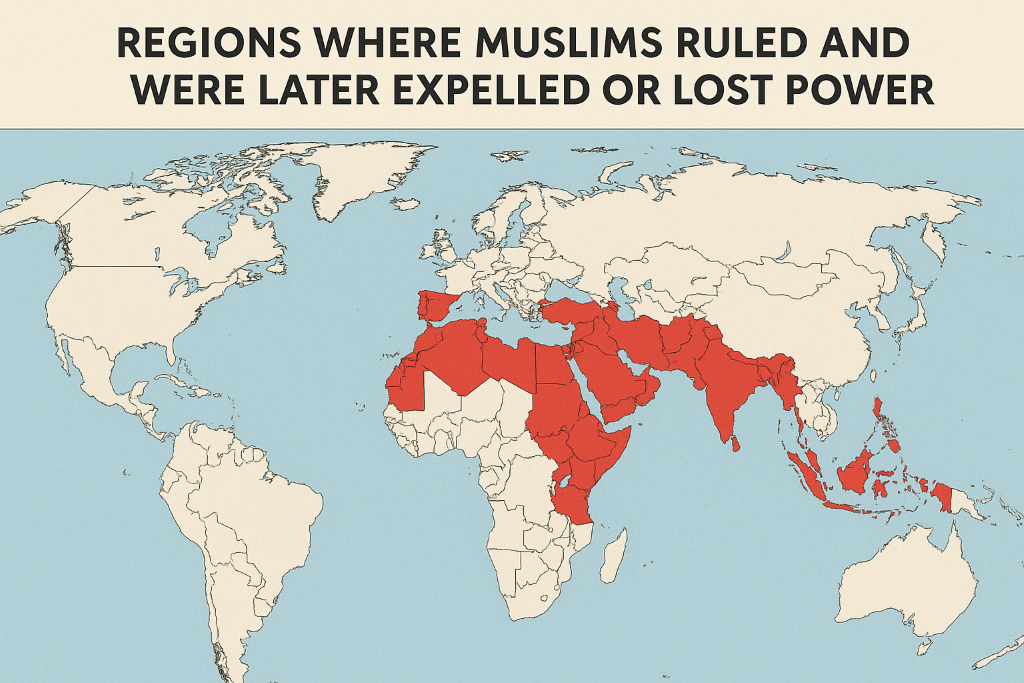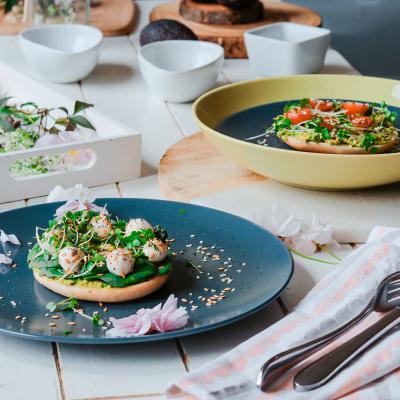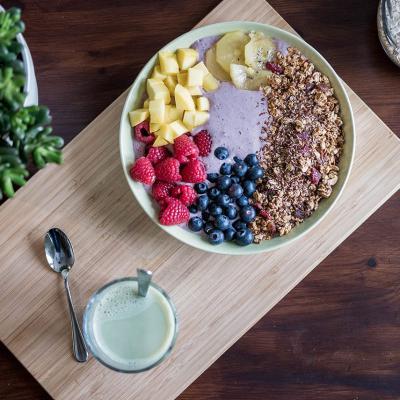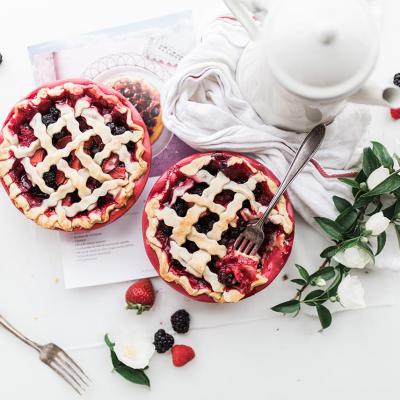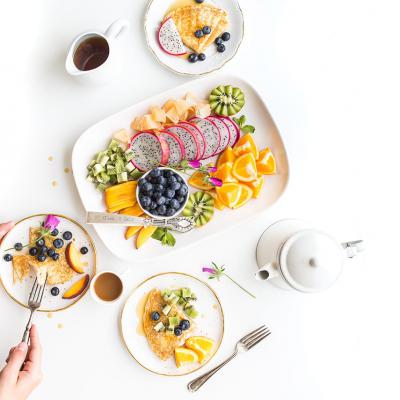Islamic Resources
Dua! Surah! Quran! etc.
Prayer Timing
Juz
Choose Surah or Juz
Dua Salam
Muslim's Faith↓
Having faith in Islam means believing in Allah (God), his angels, his holy books, his prophets, the Day of Judgment, and divine decree (Tawhid). This belief is called Iman, and it requires a sincere affirmation in the heart, coupled with verbal confession and righteous actions, such as prayer and charity. The profession of faith, "I bear witness that there One God, and Muhammad is a Messenger of God," is a fundamental step to becoming a Muslim and reflects the core tenets of Islamic faith. |
Purpose, Learning, Spirituality
Remember Allah—and be remembered by Him.
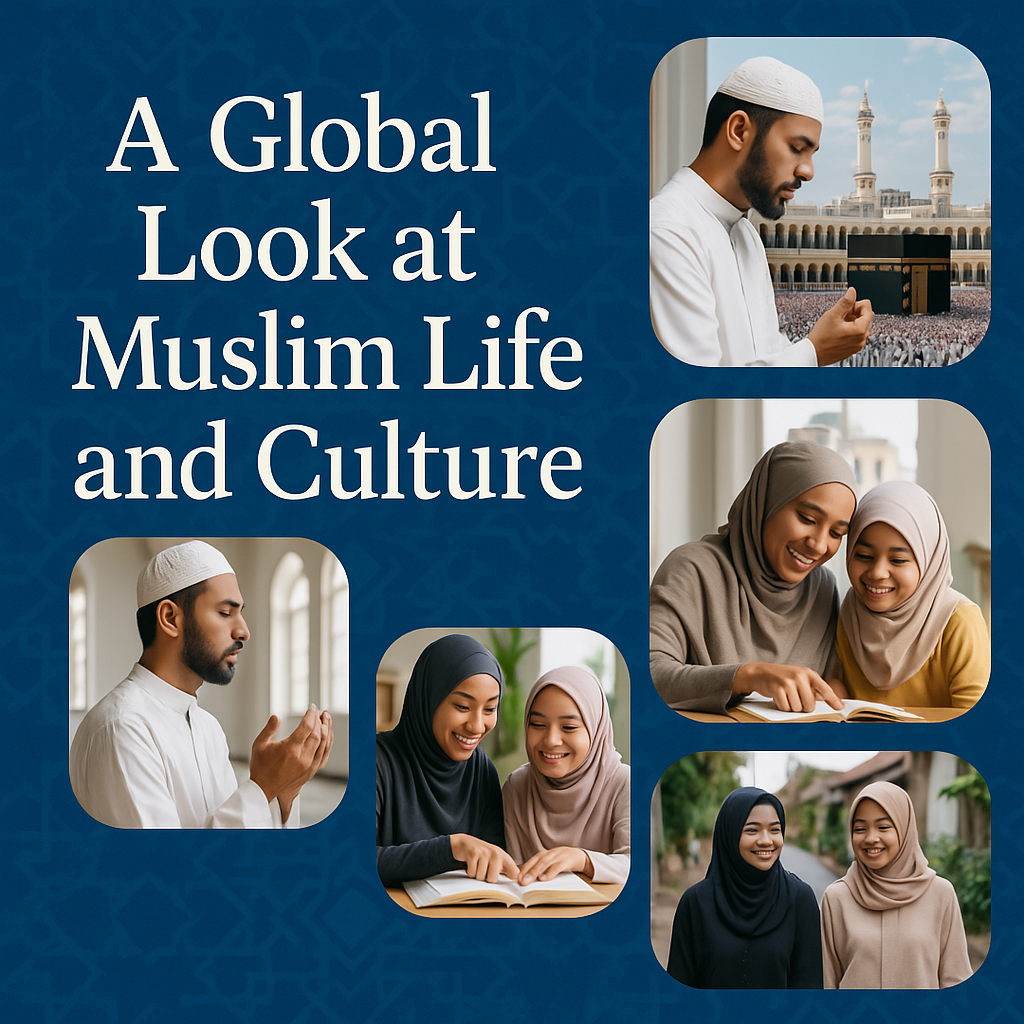
Dua- Surah-Quran and Salam
All Surahs Explained in English
Understanding the meaning of what we recite in Arabic deepens the connection between heart and faith. When we know the words we say in Dua or Salah, our worship becomes more sincere and mindful. Allah, the Creator of all languages, understands every tongue and the intention behind every word we speak.
Button below will open all surah for you to listern.
We should understand what we read in Arabic, so that during our prayers and supplications we know the meaning of our recitation. Allah created all languages and understands every one of them.
|
|
|
|---|---|---|
| ||
| ||
(5) Yusuf – Joseph Al-Ma'idah – The Table Spread | (6) Al-An'am – The Cattle |
|
(7) Al-A'raf – The Heights | (8) Al-Anfal – The Spoils of War |
|
(9) At-Tawbah – The Repentance | (10) Yunus – Jonah |
|
(12) Yusuf – Joseph
|
| |
The Thunder | (14) Ibrahim – Abraham |
|
(15) Al-Hijr The Rocky Tract. | (16) An-Nahl The Bee. |
|
(18) | ||
(19) | (20) |
|
(21) | (22) |
|
(23 ) | (24) |
|
(24 ) | (26) |
|
(25) | (27) |
|
(27) | (28) |
|
( 29) | (30) |
|
(31 ) | (33) |
|
(33 ) | (34) |
|
( ) | ( ) |
|
( ) | ( ) |
|
( ) | ( ) |
|
( ) | ( ) |
|
( ) | ( ) |
|
( ) | ( ) |
|
( ) | ( ) |
|
( ) | ( ) |
|
( ) | ( ) |
|
( ) | ( ) |
|
( ) | ( ) |
|
( ) | ( ) |
|
( ) | ( ) |
|
( ) | ( ) |
|
( ) | ( ) |
|
( ) | ( ) |
|
( ) | ( ) |
|
( ) | ( ) |
|
( ) | ( ) |
|
( ) | ( ) |
|
( ) | ( ) |
|
( ) | ( ) |
|
( ) | ( ) |
|
( ) | ( ) |
|
( ) | ( ) |
|
( ) | ( ) |
|
|
|
|
|
|
|
|
|
|
|
|
|
|
|
|
|
|
|
|
|
|
|
|
|
|
|
|
|
|
|
|
|
|
|
|
|
|
|
|
|
|
|
|
|
|
|
|
|
|
|
|
|
|
|
|
|
|
|
|
|
|
|
|
|
|
|
|
|
|
|
|
|
|
|
|
|
|
|
|
|
|
|
|
|
|
|
|
|
|
|
Permission to Download and Use Content
I, Mohammed Janif of Hinchinbrook, Australia, hereby grant permission to download and use the following content from Global Muslim Plus websites. Duabol, Muslimpls, duasalam, and more...
Audio File: 003.mp3 and Page Content: Dua, Library, Surah Audio, and associated resources from all my websites.
This permission is granted for personal, educational, or non-commercial use.
Redistribution, modification, or commercial use requires prior written consent from me or the Global Muslim Plus administration.
For further inquiries or extended usage rights, please contact me directly using Duabol.com contact form.
Signed,
Mohammed Janif
Hinchinbrook, NSW, Australia
Date: 15 January 2000.
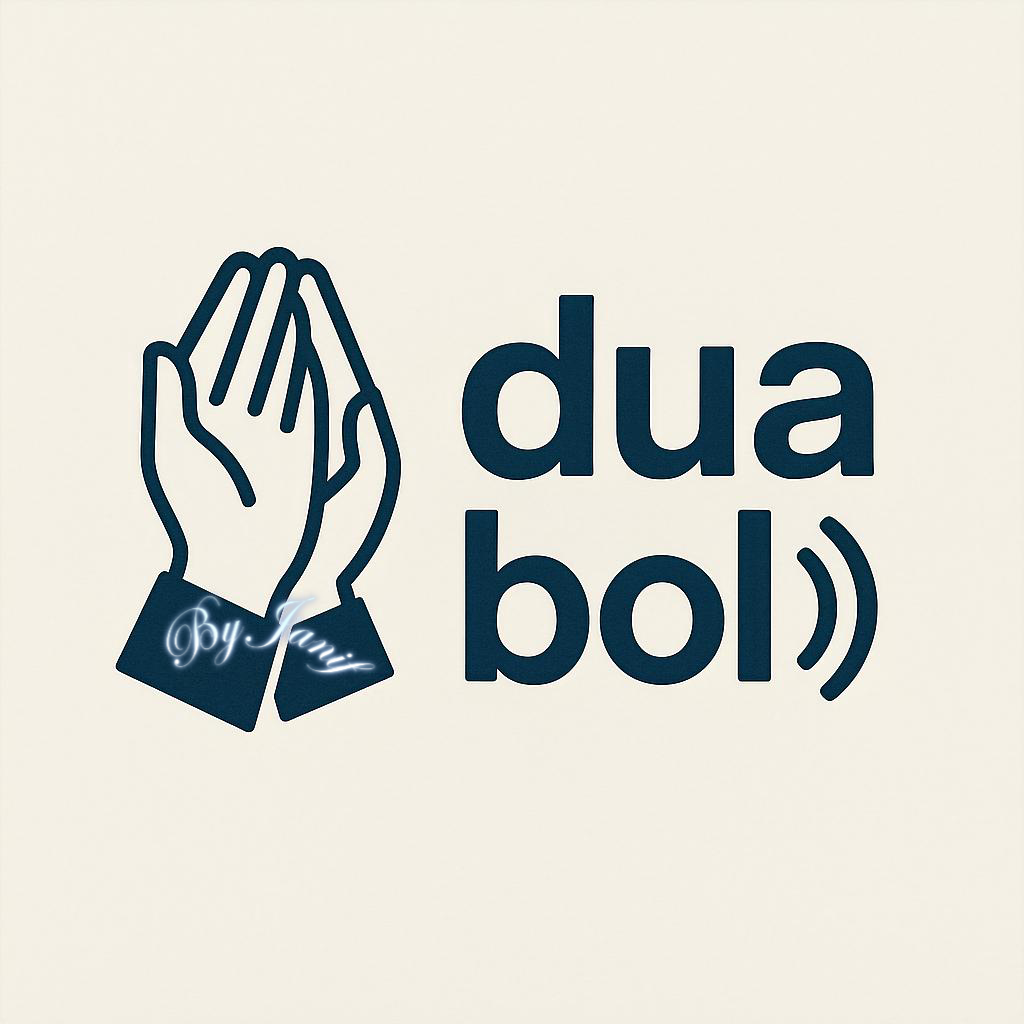
Dua for Forgiveness
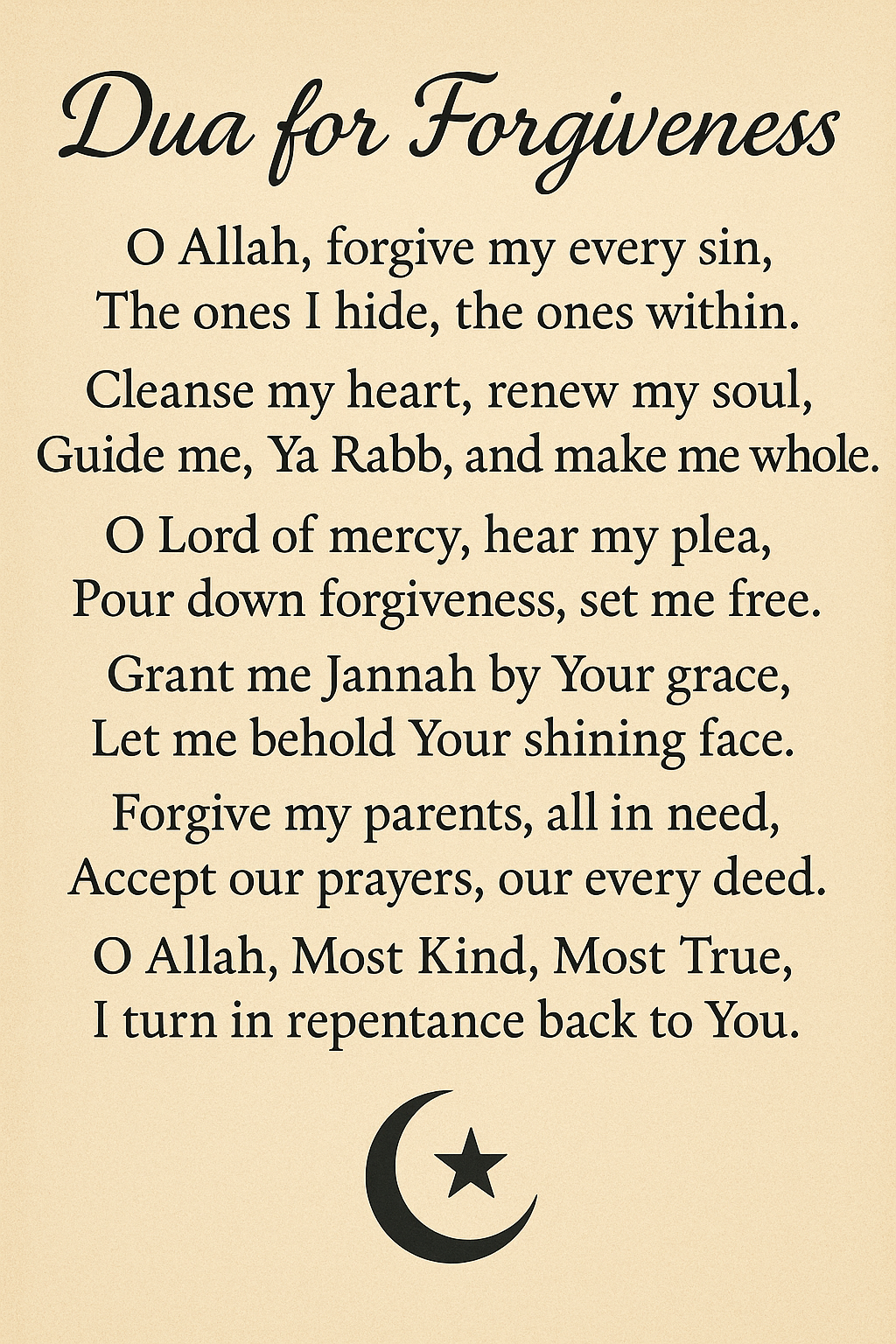
Purpose
The purpose of this platform is to provide independently created content that delivers insightful information drawn from historical, current, and forward-looking perspectives. . Our goal is to educate, inform, and engage audiences through AI-driven content that reflects a broad spectrum of knowledge and thought. As the world progresses rapidly in technology, it is essential for the Muslim community to embrace advancements such as AI and AGI, which are shaping the future. By staying informed and actively engaging with these emerging technologies, we can ensure that Muslims are not left behind but are instead empowered to contribute meaningfully to the technological landscape
Team
I am an independent Digital content creator with no links to any affiliations or any Muslim organizations. All content is AI base autonomously, sharing knowledge drawn from the past, present, and future to inform and inspire.
Tafseer
Tafseer is essential because the Quran was revealed in classical Arabic, and some verses require historical, linguistic, and theological insights to grasp their full meaning. More...
The First Human by Allah’s Command
The Beginning of Human Life
The First Human by Allah’s Command
In the vast expanse of the heavens, before time as we know it began, Allah — the All-Knowing, the Most Merciful — decided to create a new creation upon the earth. A creation with reason, will, and a soul: a khalifah (vicegerent) to live, learn, and carry the trust of free will.
Before I proceed, let me explain.
Khalifah Mean?
Absolutely — the concept of khalifah (خليفة) is both beautiful and profound in Islam.
In Arabic, khalifah means "successor," "representative," or "steward." When Allah said He would place a khalifah on Earth (Surah Al-Baqarah 2:30), He was referring to Adam (AS) — and by extension, all of humanity.
What does it mean for us?
Being a khalifah means:
We are caretakers of the Earth — responsible for protecting nature, justice, and the balance of life.
We are entrusted with free will — to choose between right and wrong, guided by revelation.
We represent moral responsibility — living by Allah’s guidance and spreading goodness.
We don’t own the world — but we are entrusted to use its resources wisely and ethically. More...
Topic Continues.
Allah commanded the angels, saying:
As Khalifa, humans are expected to act responsibly, ensuring that their actions do not harm the environment or future generations. This perspective aligns with modern sustainability efforts, reinforcing the idea that caring for the planet is a moral and spiritual obligation
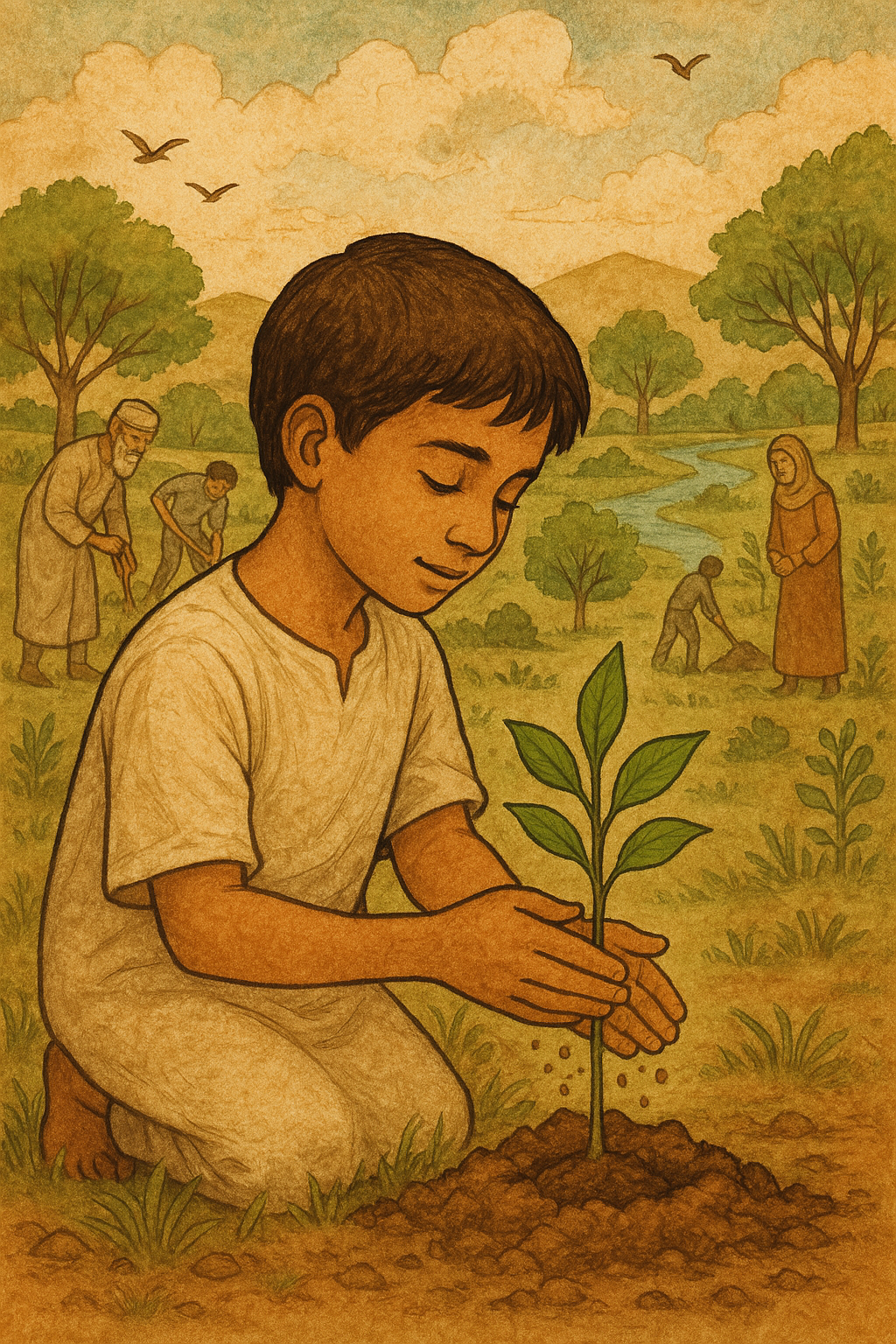
Title: The Garden of Trust
In a quiet village nestled between ancient hills and glistening rivers, lived a boy named Ayan. From a young age, Ayan was told by his grandfather, a wise man with a gentle voice and hands marked by years of farming, that he was Khalifa — a guardian of the Earth.
“Khalifa?” Ayan had once asked, his small hands digging into the soil.
“Yes,” his grandfather replied, smiling. “It means you are entrusted by the Creator to care for the Earth, just as you would care for a friend.”
Years passed, and Ayan watched the world around him change. Trees once lush were now stumps. Streams ran dry, clogged with waste from nearby towns. The village’s fertile lands began to wither under the weight of greed and neglect.
One day, standing at the edge of a barren field, Ayan remembered his grandfather’s words. He felt a stirring inside — a quiet but firm call to act.
He began with a single patch of soil, planting native seeds and watering them daily. Others laughed at first, calling it a waste of time. But slowly, green returned. Bees buzzed again. The earth, though scarred, began to breathe.
Children joined him. Then elders. The village transformed — not just in landscape, but in spirit. They composted, planted trees, banned plastics, and respected the rivers like sacred veins of life. They began to live not just for today, but for tomorrow.
And every evening, Ayan would whisper into the breeze: “We were entrusted with this Earth, and we will not betray that trust.”
What you should do as a Muslim
The Green Legacy of Muslim Khalifa: Cultivating Self-Sufficiency and Sustainability
The tradition of growing one’s own food is deeply rooted in Islamic teachings, where self-sufficiency, environmental stewardship, and gratitude for Allah’s blessings are highly encouraged. The concept of Muslim Khalifa (stewardship) reminds us that humans are caretakers of the Earth, entrusted with its protection and responsible use. By growing our own food, we align with this divine responsibility while reaping countless benefits—just as the Prophet Muhammad (ﷺ) and his companions valued agriculture and simple, wholesome living.
1. Khalifa & the Islamic Duty of Land Stewardship
Allah says in the Quran:
"It is He who has made you successors (khalifa) upon the Earth..." (Quran 6:165)
This verse emphasizes that we are not owners of the land but its guardians. Growing food sustainably—without waste, harmful chemicals, or excess—is a way to fulfill this trust. The Prophet (ﷺ) said:
"If a Muslim plants a tree or sows seeds, and then a bird, or a person, or an animal eats from it, it is regarded as a charitable gift (sadaqah) for him." (Bukhari)
By cultivating gardens, we follow the Sunnah, reduce our ecological footprint, and earn continuous reward.
2. Health & Purity: Tayyib Food in Islam
Islam emphasizes consuming Tayyib (pure, wholesome) food. When we grow our own fruits and vegetables, we ensure they are free from:
-
Haram pesticides (containing harmful or impure substances)
-
Excessive chemicals (avoiding waste and overconsumption, as warned in the Quran)
-
Unethical labor practices (common in mass farming industries)
The Prophet (ﷺ) encouraged eating fresh, natural foods like dates, figs, pomegranates, and cucumbers—many of which can be easily grown at home.
3. Economic Wisdom: Following the Prophet’s Example
The Messenger of Allah (ﷺ) encouraged self-reliance and praised those who worked with their hands. He himself engaged in agriculture, and his companions were known for cultivating land. By growing our own food, we:
-
Save money (resisting wasteful consumerism)
-
Avoid debt (by reducing dependency on expensive groceries)
-
Give charity (excess produce can be shared with neighbors and the needy, fulfilling sadaqah)
4. Environmental Ihsan: Excellence in Care
Islam teaches Ihsan (excellence) in all actions, including how we treat the Earth. Modern industrial farming contributes to:
-
Deforestation
-
Water waste
-
Soil degradation
By adopting small-scale, organic gardening, we:
-
Conserve water (using drip irrigation, rainwater collection—a Sunnah practice)
-
Avoid waste (composting follows the Prophetic principle of not wasting resources)
-
Protect biodiversity (planting diverse crops as the Prophet (ﷺ) encouraged crop rotation)
5. Community & Ummah Strength
A Muslim who grows food doesn’t just benefit themselves—they strengthen the community. The Prophet (ﷺ) said:
"The best charity is giving water to drink." (Ahmad)
Imagine expanding this to:
-
Community gardens (reviving the concept of "waqf" land for sustainable food)
-
Teaching children (passing down agricultural skills as part of Islamic education)
-
Supporting food security (helping vulnerable Muslims escape dependency on unstable systems)
Practical Steps for a Muslim Home Garden
-
Start with Sunnah Plants – Dates, olives, figs, pomegranates, grapes, and herbs like black seed (habbat al-sauda).
-
Grow What You Eat – Focus on staple vegetables (spinach, cucumbers, tomatoes) and herbs (mint, coriander).
-
Avoid Waste – Compost food scraps, repurpose containers, and share excess with neighbors.
-
Make Du’a for Barakah – Begin with Bismillah and ask Allah to bless your harvest.
Conclusion: A Sunnah Revival for Modern Times
Growing food isn’t just a trend—it’s a return to Islamic principles. As Khalifa's of the Earth, we must revive the Prophetic tradition of sustainability, health, and generosity. By planting seeds today, we nourish our bodies, protect our planet, and leave a legacy of faith and self-sufficiency for future generations.
"And it is He who sends down rain from the sky, and We produce thereby the growth of all things..." (Quran 6:99)
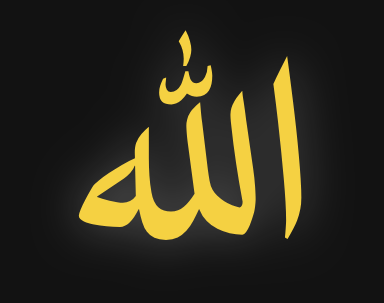
Born from creativity,
Shaped by Islamic values.
The purpose of this platform is to provide independently created content that delivers insightful information drawn from historical, current, and forward-looking perspectives. .
Trust leads to trust
The purpose of this platform is to provide independently created content that delivers insightful information drawn from historical, current, and forward-looking perspectives. .
Impact is everything
The purpose of this platform is to provide independently created content that delivers insightful information drawn from historical, current, and forward-looking perspectives. .
One team, one goal
The purpose of this platform is to provide independently created content that delivers insightful information drawn from historical, current, and forward-looking perspectives. .

Supreme style for Articles
The purpose of this platform is to provide independently created content that delivers insightful information drawn from historical, current, and forward-looking perspectives and links for your reference.
56%
99%
Connecting Muslims from anywhere
The purpose of this platform is to provide independently created content that delivers insightful information drawn from historical, current, and forward-looking perspectives. .
We are goal driven
Autonomy to succeed
Authentic culture
Design focused
connect from anywhere
We operate without any affiliation to Muslim organizations in Fiji or elsewhere. Our goal is to educate, inform, and engage audiences through AI-driven content that reflects a broad spectrum of knowledge and thought.

